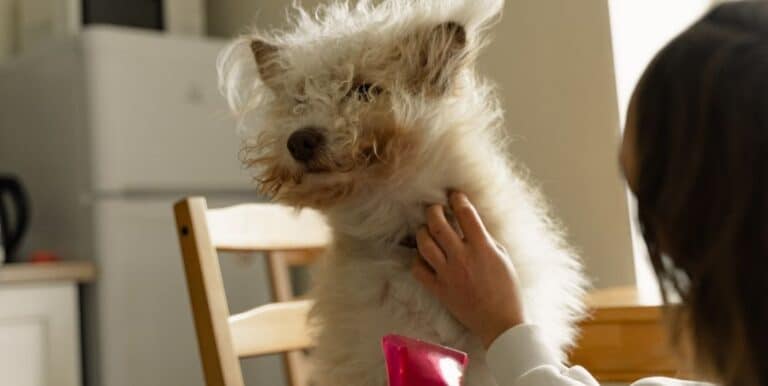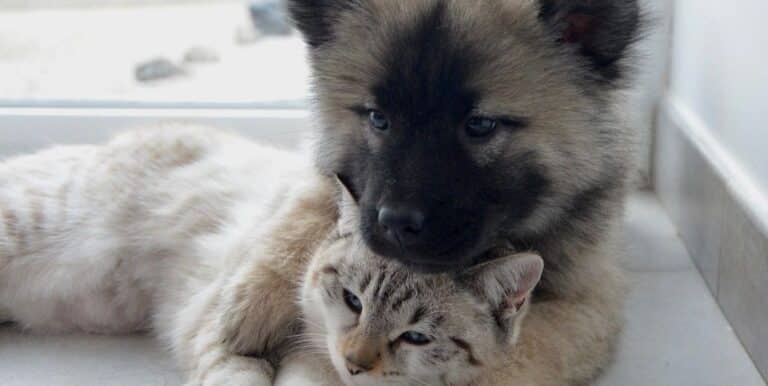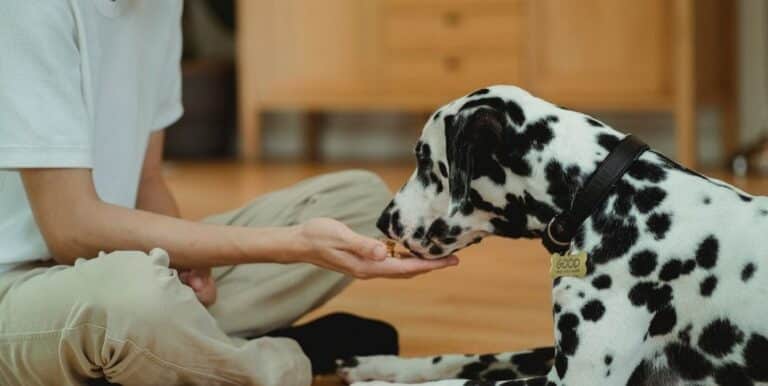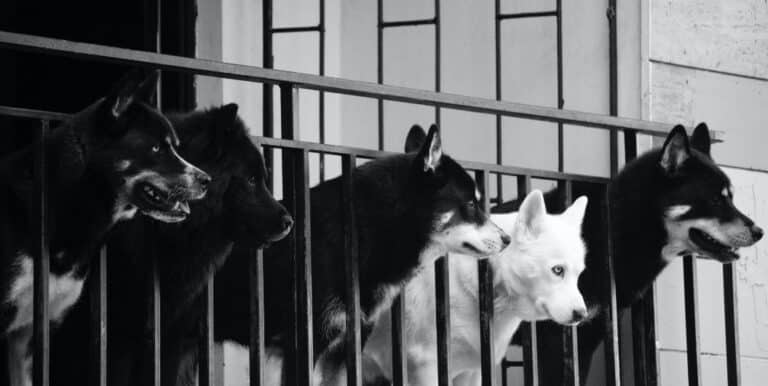What are the responsibilities of eco-friendly pet owners?
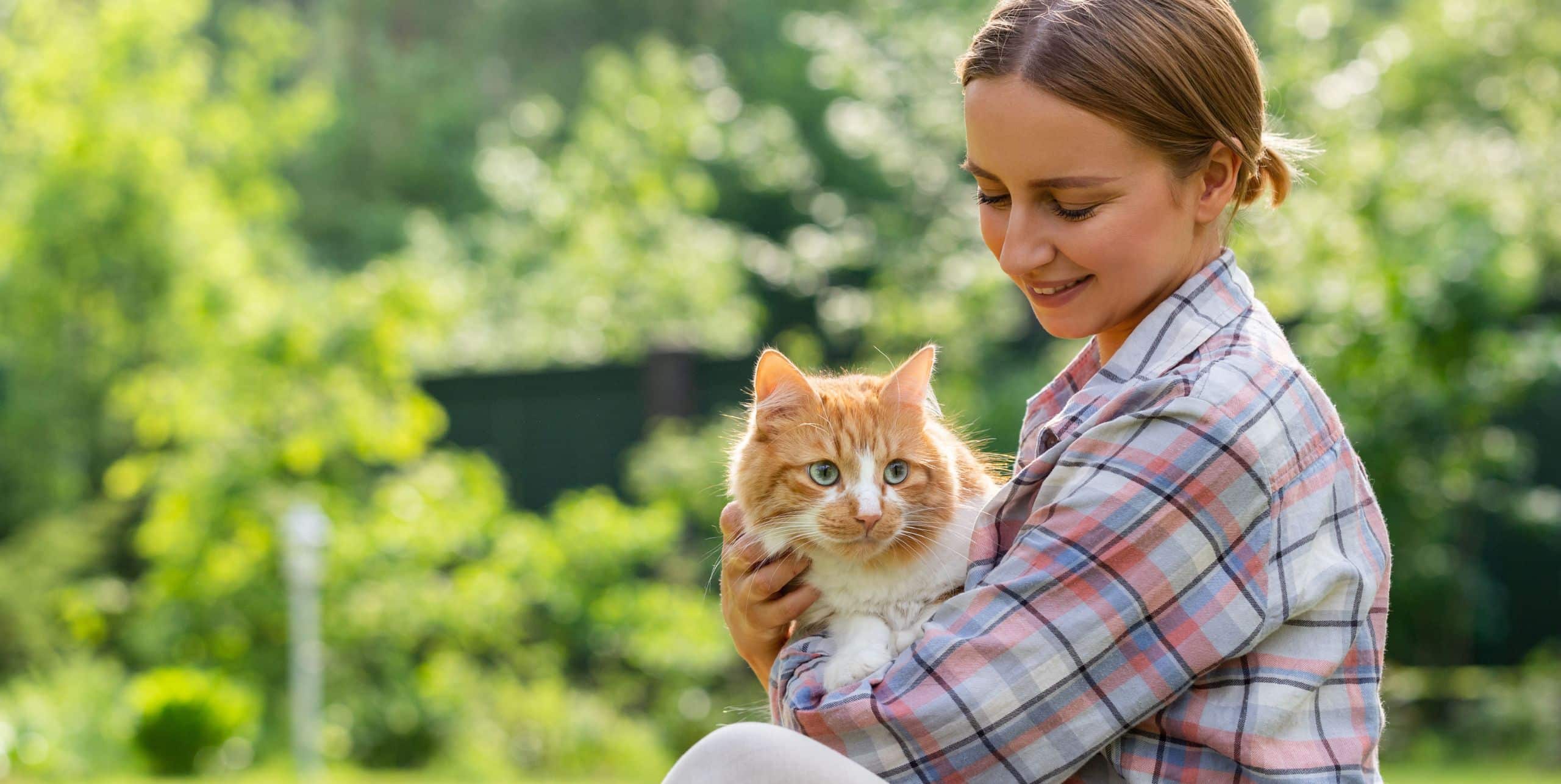
Imagine you decide to start riding your bike to work instead of driving your car.
You want to cut down on emissions, use less gas, and get more exercise. You purchase a new helmet. You fill your tires with air. You roll up your pant legs and sling your bag over your shoulder.
Off you go, feeling great about getting this extra workout in, getting to work on time, and getting to help the health of the planet in some small way.
You pull up to a stoplight, and while you’re waiting for it to turn green, a man walks past and yells at you, “Those tires are made of rubber! Do you have any idea how harmful rubber production is to the environment?”
He scoffs and walks on.
You arrive at the office, only slightly annoyed by the encounter, and lock your bike to the metal rack. As you’re removing your helmet, a coworker sidles up and says, “I can’t believe you bought that brand of helmet. There’s another company that sources only recycled materials and uses fair-trade factories to produce and ships only in recyclable materials. The one you got is basically a trash fire.”
You might start to feel frustrated or discouraged, and at the very least, I imagine you’d feel pretty defensive.
If you’re anything like me, in this scenario, I’d be muttering to myself the whole way to my desk: Who do they think they are? I bet they aren’t perfect. I tried my best! I committed to not driving. Why isn’t that good enough? How could they not see or acknowledge THAT. Instead it’s nitpicking the tiniest things. That other helmet is so far outside my budget that I simply couldn’t. Argh. Why bother!
Whew.
That sounds like an extreme example, I know, but after spending the last handful of years participating in low- and zero-waste groups on social media, on reading similar blogs, and on running this blog, it’s actually not all that out there…
Being responsible stewards of the environment requires a lot of push and pull, but it does NOT require unkindness.
We need to question ourselves and question others.
We need to form opinions based on facts, not feelings.
We need to support those who are making an effort… no matter how big or small that effort is.
Another real-life example: In a zero-waste Facebook group recently, a poster bemoaned the amount of waste produced by the pandemic. She said it made her sick to think about all the single-use and disposable products hospitals blow through each day.
It made her sick to think about the plastic waste.
In my mind, that takes a commitment to zero waste way too far, when you’re more upset about single-use needles and their packaging than the loss of human life occurring on a massive scale across the globe. Pandemic aside, we are all humans living in a modern era. Life is hard for everyone in some way, so why not be gentle, kind, and supportive?
In this space, the pet space, lots of eco-friendly pet owners are concerned about the trash and waste created by their pets. And that’s great. It’s fantastic. I’m here to cheerlead and support you in any way I can!
Except when that attempt to be zero-waste means you prevent your pet from living a life true to how they are biologically programmed–like feeding a vegan diet to a cat.
And yet, I’ve witnessed people in this community become discouraged and ultimately deterred from making an effort, any effort, because of the harshness with which they’re treated by others.
Take dehydrated dog food, for instance.
The same number of meals that come in a box of dehydrated dog food equates to an enormous plastic bag of kibble.
The small boxes are easier to stack, take up less space, and are far lighter than big bags of kibble, so distributing them to pet stores uses fewer trucks and is more fuel efficient.
And, yet, the inside liner is made of plastic. So, even though it’s a far more ecologically-efficient product, I still get people messaging me that the plastic liner is a HUGE problem.
OK. So, taking a step back and looking at that with a wider lens, I’d argue two things:
First, it’s far better than kibble as far as environmental impact, so we should champion anyone who is able to make the shift.
Second, take it up with the company!
Seriously.
All of us can make tiny efforts or large efforts, but our impact will never come close to what corporations do to impact the planet. We need to all demand better from the manufacturers whose products we purchase. We need to all reach out to companies and ask them questions and point out where they can make improvements.
If you want to bug someone about their eco efforts, don’t come at your friends, family, neighbors, or folks online. Talk to companies. You can make an impact by helping push a corporation toward better choices. Not by ragging on people for buying a dog food that comes with a plastic liner or a cat litter that can’t be composted.
So, what are the responsibilities of eco-friendly pet owners?
Do your best.
Do your best, and be kind to others who are doing THEIR best.
Wherever you can make a swap for an item that has a smaller footprint, do it. And feel good about it.
Even if it isn’t perfect.
Wherever you can’t make the swap–and there are LOTS of reasons for this including cost, availability, your specific animal’s needs, and so on–then don’t.
If you have a problem with a product–you don’t think the packaging is responsible, you want to know if how the ingredients are sourced, you want to learn more about their corporate commitment to sustainability–email the company. Tag them on social media. Call their 800 number.
But don’t give your friends and family who are making small efforts a hard time.
And if you are getting a hard time from folks thinking you’re not doing a good enough job, send ’em my way.
Do your best.
Try to find some ways to do better, too.
Then, read these two posts, which expand on this general idea in much greater detail:
Harm Reduction and Environmentalism for Pet Owners
Sustainability in 2021: What does it look like for pets and their people? (Yes, it’s from last year, but it’s all still relevant today.)
Be proud of yourself and your efforts. I’m proud of you for taking every single small step.

